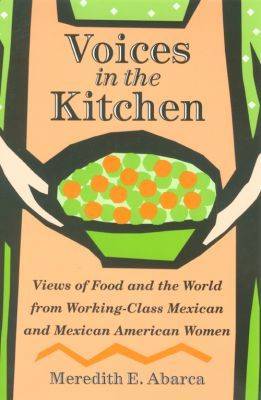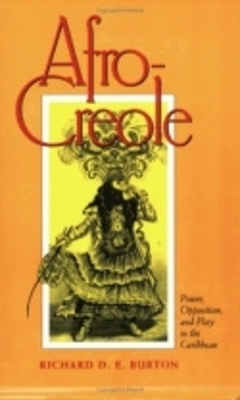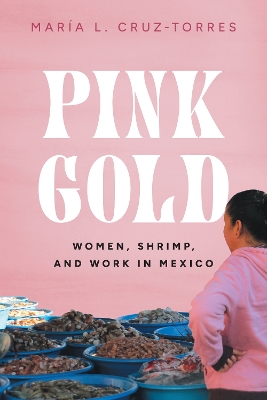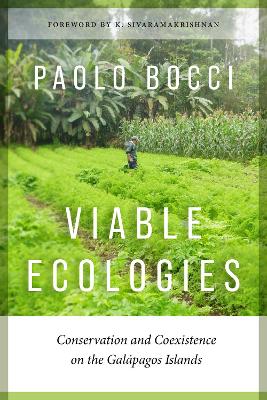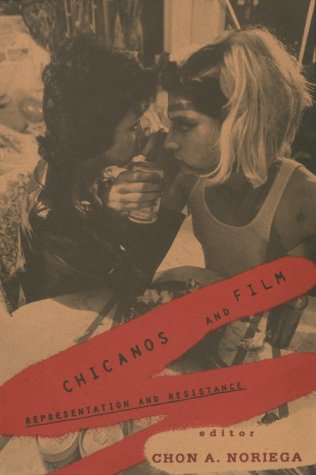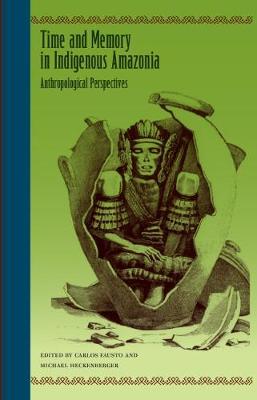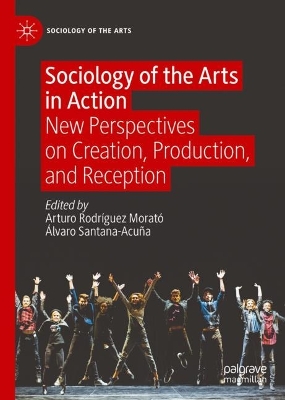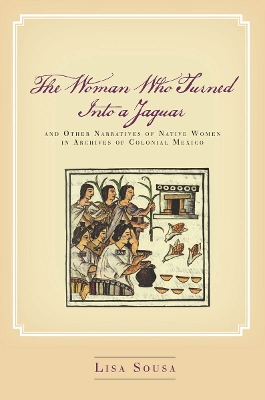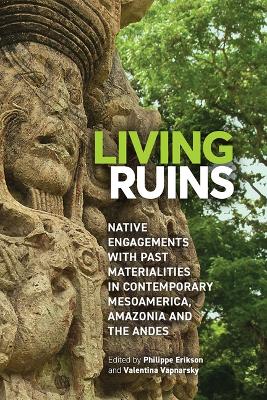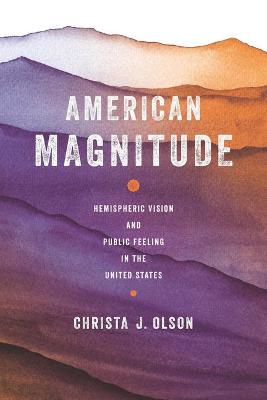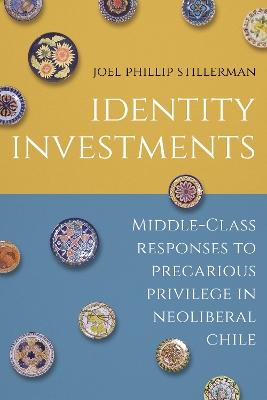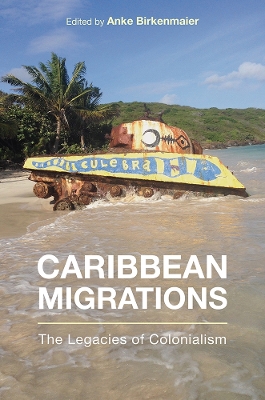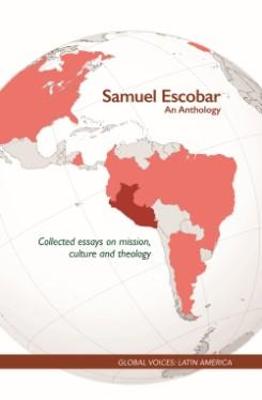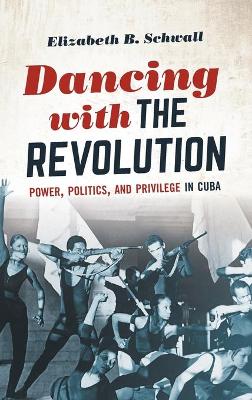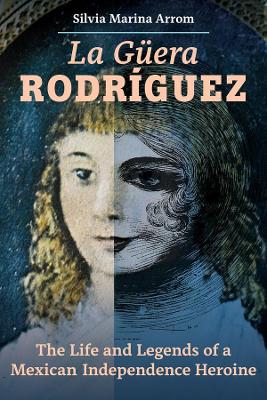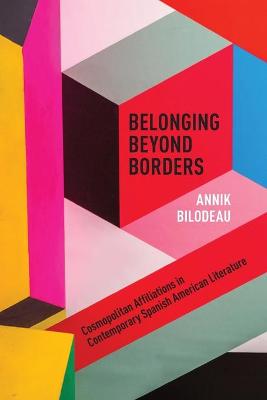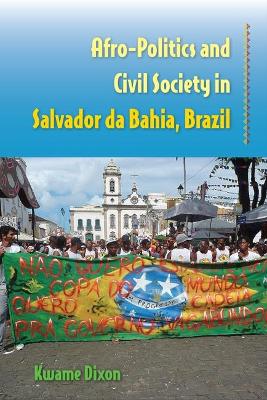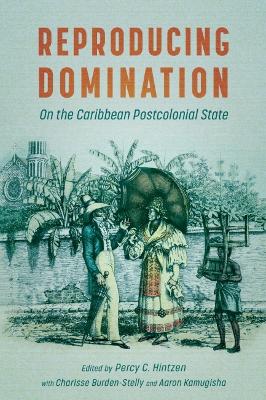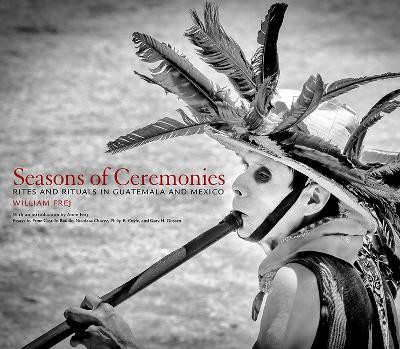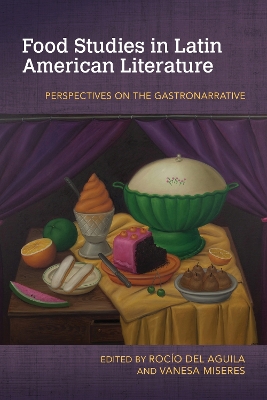Jean-Claude Fignolé’s Quiet Dawn tells an enthralling story of Haiti’s transition from French colony to independent Black republic. The swirling, multilayered novel provides intimate portraits of an eighteenth-century slaveholder, his wife, and their enslaved laborers set against the devastating backdrop of slavery and revolution. Into this Gothic colonial tale, Fignolé interweaves a series of tragic events involving a present-day French nun doing penance for the sins of her ancestors. One of th...
Voices in the Kitchen (Rio Grande/Rio Bravo: Borderlands Culture and Tradition)
by Meredith E. Abarca
Through the ages and across cultures, women have carved out a domain in which their cooking allowed them to express themselves, strengthen family relationships, and create a world of shared meanings with other women. In ""Voices in the Kitchen"", Meredith E. Abarca features the voices of her mother and several other family members and friends, seated at their kitchen tables, to share the grassroots world view of these working-class Mexican and Mexican American women. In the kitchen, Abarca demon...
This wide-ranging book explores the origins, development, and character of Afro-Caribbean cultures from the slave period to the present day. Richard D. E. Burton focuses on ways in which African traditions—including those in religion, music, food, dress, and family structure—were transformed by interaction with European and indigenous forces to create the particular cultures of Jamaica, Trinidad, and Haiti. He demonstrates how the resulting Afro-Creole cultures have both challenged and reinforce...
A rich, long-term ethnography of women seafood traders in Mexico. The "shrimp ladies," locally known as changueras in southern Sinaloa, Mexico, sell seafood in open-air markets, forming an extralegal but key part of the economy built around this "pink gold.” Over time, they struggled to evolve from marginalized peddlers to local icons depicted in popular culture, even as they continue to work at an open-air street market. Pink Gold documents the shrimp traders' resilience and resourcefulness,...
How humans living amid an abundance of diverse flora and fauna help us rethink conservationFamous for their geographic isolation and high proportion of endemic species, the Galápagos Islands have long been promoted as the premier destination for tourists and scientists seeking to escape humanity's impact on the world. This idyllic vision dominates the islands' conservation policy, which, despite calls for a more integrated human-environment approach, continues to emphasize restoration. It ignore...
When Nathan Wachtel, the historical anthropologist, returned to the village of Chipaya, the site of his extensive fieldwork in the Bolivian Andes, he learned a group of Uru Indians was being incarcerated and tortured for no apparent reason. Even more strangely, no one - not even his closest informant and friend - would speak about it. Wachtel discovered that a series of recent deaths and misfortunes in Chipaya had been attributed to the evil powers of the Urus, a group usually regarded with susp...
Chicanos And Film
To date, film scholarship has not considered the issue of Chicano and Latino representation and participation in the American film industry. Genre criticism in particular has been all but blind to the presence of Chicanos in genres that have, at times, been constructed around a Chicano or Chicana "other" - Westerns, social problem films, and the more recent urban violence film. Additionally, Chicano studies draw upon the scholarship of Chicano politics, narrative and visual art, and cultural stu...
Time and Memory in Indigenous Amazonia
Based on recent ethnographic fieldwork and firsthand analysis of indigenous history, this collection examines the concepts of time and change as they played out in areas ranging from religion, cosmology, and mortuary practices to attitudes toward ethnic difference and the treatment of animals. Without imposing traditionally Western notions of what “time” and “change” mean, the collection looks at how native Amazonians experienced forms of cultural memory and at how their narratives of the past h...
Sociology of the Arts in Action (Sociology of the Arts)
This edited collection carries out an extensive coverage of the sociology of arts’ most characteristic thematic areas (production, creation, the artwork, and reception) across an important range of artistic fields, from the most traditional to the more unusual. It makes an argument for the theoretical creativity and empirical expansion that characterizes the study of contemporary sociology of the arts. Such creativity is present in the increasingly predominant approach to a sociology of the arts...
The Woman Who Turned Into a Jaguar, and Other Narratives of Native Women in Archives of Colonial Mexico
by Lisa Sousa
This book is an ambitious and wide-ranging social and cultural history of gender relations among indigenous peoples of New Spain, from the Spanish conquest through the first half of the eighteenth century. In this expansive account, Lisa Sousa focuses on four native groups in highland Mexico—the Nahua, Mixtec, Zapotec, and Mixe—and traces cross-cultural similarities and differences in the roles and status attributed to women in prehispanic and colonial Mesoamerica. Sousa intricately renders the...
After Pinochet's dictatorship ended in Chile in 1990, the country experienced a rapid decline in poverty along with a quickly growing economy. As a result, Chile's middle class expanded dramatically, echoing trends seen across the Global South as neoliberalism took firm hold in the 1990s and the early 2000s. Identity Investments examines the politics and consumption practices of this vast and varied fraction of the Chilean population, seeking to better understand their value systems and the hist...
Elizabeth B. Schwall aligns culture and politics by focusing on an art form that became a darling of the Cuban revolution: dance. In this history of staged performance in ballet, modern dance, and folkloric dance, Schwall analyzes how and why dance artists interacted with republican and, later, revolutionary politics. Drawing on written and visual archives, including intriguing exchanges between dancers and bureaucrats, Schwall argues that Cubans dancers used their bodies and ephemeral, nonverba...
Fact is torn from fiction in this first biography of Mexico's famous independence heroine, which also traces her subsequent journey from history to myth. Maria Ignacia Rodriguez de Velasco y Osorio Barba (1778-1850) is an iconic figure in Mexican history. Known by the nickname "La Guera Rodriguez" because she was so fair, she is said to have possessed a remarkably sharp wit, a face fit for statuary, and a penchant for defying the status quo. Charming influential figures such as Simon Bolivar,...
Belonging Beyond Borders maps the evolution of cosmopolitanism in Spanish American narrative literature through a generational lens. Drawing on a new theoretical framework that blends intellectual studies and literary history with integrated approaches to Spanish American narrative, this book traces the evolution from aesthetic cosmopolitanism through anti-colonial nationalism to modern political cosmopolitanism. Cosmopolitanism in Latin America has historically been associated with colonialism....
Brazil's black population, one of the oldest and largest in the Americas, mobilized a vibrant antiracism movement from grassroots origins when the country transitioned from dictatorship to democracy in the 1980s. Campaigning for political equality after centuries of deeply engrained racial hierarchies, African-descended groups have been working to unlock democratic spaces that were previously closed to them. Using the city of Salvador as a case study, Kwame Dixon tracks the emergence of black c...
Reproducing Domination (Caribbean Studies)
Reproducing Domination: On the Caribbean Postcolonial State collects thirteen key essays on the Caribbean by Percy C. Hintzen, the foremost political sociologist in Anglophone Caribbean studies. For the past thirty years, Hintzen has been one of the most articulate and discerning critics of the postcolonial state in Caribbean scholarship, making seminal contributions to the study of Caribbean politics, sociology, political economy, and diaspora studies. His work on the postcolonial elites in the...
Food Studies in Latin American Literature presents a timely collection of essays analyzing a wide array of Latin American narratives through the lens of food studies.Topics explored include potato and maize in colonial and contemporary global narratives, the role of cooking in Sor Juana's poetics, the centrality of desire in twentieth-century cooking writing by women, the relationship between food, recipes, and national identity, the role of food in travel narratives, and the impact of advertise...

